News

Illinois Attorney General Sues State Farm to Release Homeowners Insurance Data Amid Regulatory Examination
The battle lines have been drawn between the Illinois Attorney General and a leading insurance giant.
Attorney General Kwame Raoul filed a lawsuit on Tuesday against State Farm, seeking to compel the insurance company to hand over detailed data pertinent to its homeowners insurance operations. This aggressive move comes after accusations that State Farm has been ducking its legal obligations to comply with a regulatory examination spearheaded by the Illinois Department of Insurance (IDOI).
Since an investigation opened in November 2024, State Farm has been under the microscope for its nationwide homeowners insurance policies and the steep rise of its premiums in recent years. With its headquarters grounded in Bloomington, Illinois, the company is the largest homeowners insurer in the United States and has, thus far, chosen not to fully cooperate with the IDOI's data requests.
The information sought includes zip-code-level data about policies, coverage types, insurance limits, and claims made against those policies.
"State Farm's obstruction does not just violate the law. It prevents the Department of Insurance from obtaining information to help make sure all Illinois homeowners are being treated fairly," Raoul said, as quoted in a statement obtained by the Illinois Attorney General's office.
Lyft Plans Fleet of Hundreds of Tensor Robocars Starting in 2027
Lyft Plans Fleet of Hundreds of Tensor Robocars Starting in 2027
Lyft Inc. is partnering with autonomous vehicle developer Tensor Auto Inc. to deploy a fleet of hundreds of robotaxis in Europe and North America starting in 2027.
The ride-hailing company will additionally make its platform available on all Tensor vehicles, called Robocars, according to a joint statement by the companies on Thursday.
Lyft is racing to catch up with its larger rival Uber Technologies Inc., which has more than a dozen partner agreements globally with autonomous car developers, in the next frontier for ride-hailing services. Last month, Lyft and May Mobility Inc. began offering autonomous rides assisted by safety drivers in Atlanta, and more partnerships are expected next year, including in Nashville with Alphabet Inc.’s Waymo.
Uber offers driverless rides to users with Waymo in Phoenix, Austin and Atlanta, as well as with WeRide Inc. in Abu Dhabi in the United Arab Emirates.
Research
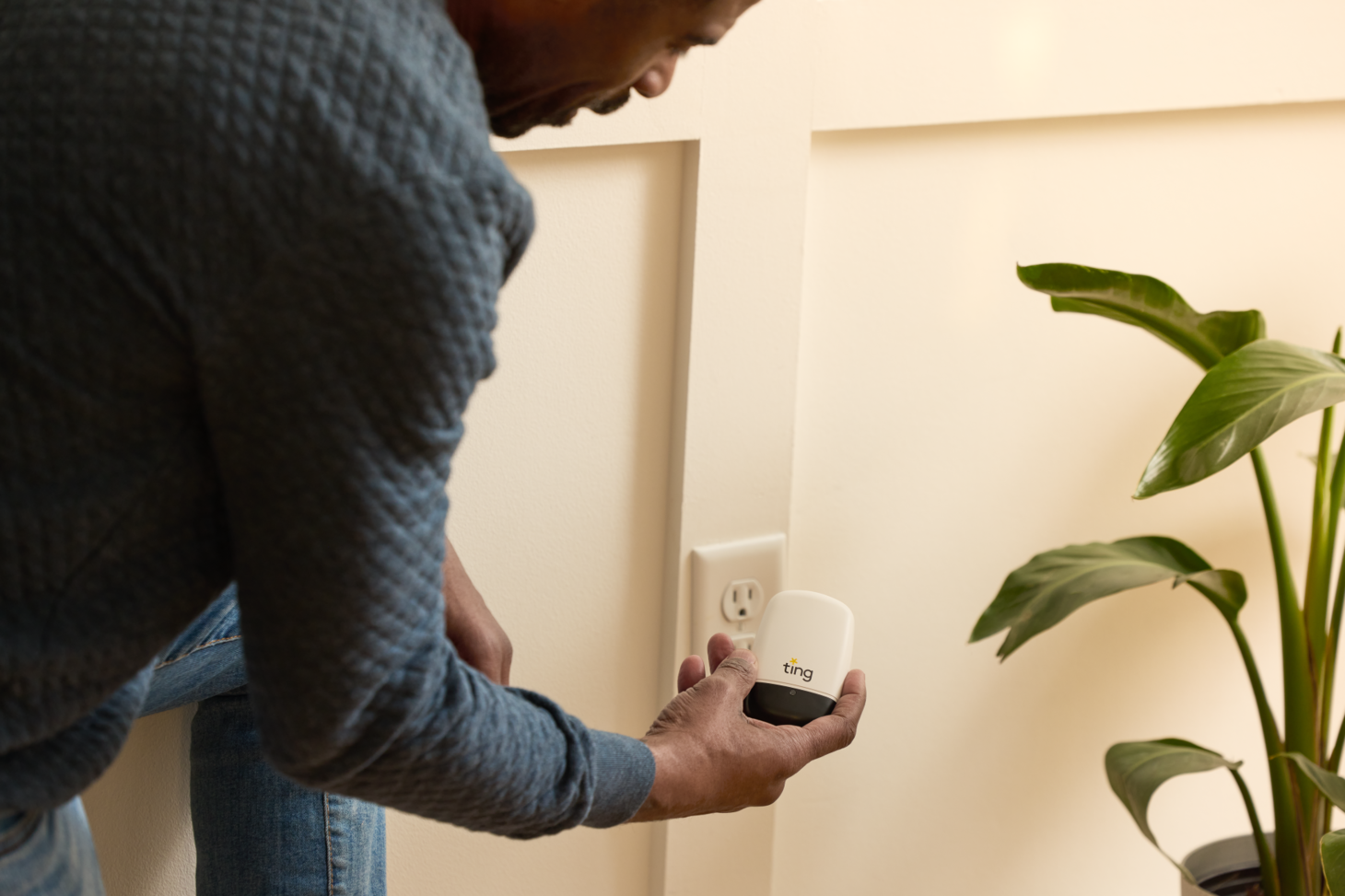
Forever Homes, Overdue Repairs: What Homeowners Are Getting Right (and Wrong)
Millennials are equipping their homes with smart tech, while Baby Boomers are patching the roof before it leaks.
A new survey from Nationwide reveals a generational split in how homeowners protect their spaces: younger owners are all-in on gadgets and connected devices, while older generations are more likely to roll up their sleeves for routine repairs. The twist? Each group could learn a thing or two from the other. Because when it comes to homeownership, tech and elbow grease aren’t mutually exclusive, they’re a powerful combo.
Smart Homes, Smarter Millennials?
Millennials aren’t just buying homes, they’re upgrading them with smart tech that does more than turn on lights. For them, it’s about protection, peace of mind, and saving a few bucks. Their behavior signals a growing opportunity to educate all generations on the benefits of connected home technology.
Smart setups are the new norm
Millennials now average 4.6 smart devices per household, outpacing Gen X (3.1) and Baby Boomers (2.2). Their go-to gear includes security cameras, video doorbells, smart thermostats and nearly half report having a full home security system or smart surveillance setup.
Millennials and Gen Z aren’t just in it for the cool factor (okay, maybe a little), they’re also sleeping easier because of it. 85% of insurance agents recommend smart home products to help manage risk, because nothing says “adulting” like installing a leak detector before the leak.
Tech as a tool for savings
Some insurance companies offer smart devices for free (like Nationwide) or include a discount on homeowners premium. 37% of all homeowners say they’ve installed safety tech to qualify for insurance discounts, that number jumps to 56% among Millennials and Gen Z. Their motivation may be financial, but the result is a safer home.
The sense of security is just as important
Beyond cost savings, homeowners cite protection (56%), peace of mind and safety (55%), and mobile control (39%) as top benefits of adopting smart tech.
Despite the clear advantages, adoption is far from universal. Of those who do not currently own smart home products, 53% of homeowners say they don’t see the need and 30% admit they simply don’t know enough about them
Climate/Resilience/Sustainability
Climate Crisis, Social Inflation Reshape P&C | Insurance Thought Leadership
As natural disasters intensify and litigation costs soar, insurers must embrace technology, regulatory changes, and customer-centric approaches.
The property and casualty (P&C) insurance industry is approaching a tipping point in 2026. With climate risk intensifying and social inflation pressuring loss costs, insurers are grappling with mounting challenges while also exploring innovative strategies to stay competitive and sustainable. The landscape demands a transformation in how insurers assess, price, and manage risk.
Climate Risk Is No Longer a Future Concern
The frequency and severity of natural disasters are escalating, with 2024 and 2025 witnessing record-breaking events — from wildfires in North America and Europe to cyclones and flooding in Asia-Pacific. These catastrophes are not just more frequent; they are affecting regions previously considered low-risk, undermining the validity of historical models.
Abhishek Peter is an assistant manager at Fecund Software Services
Announcements
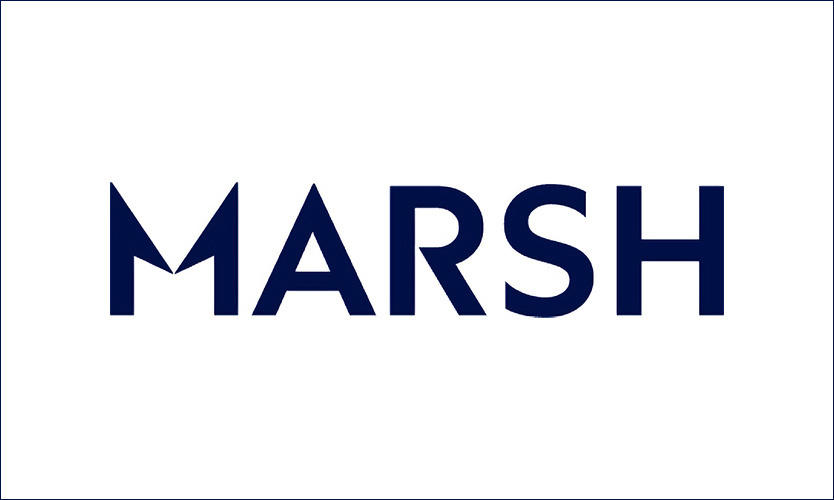
Marsh McLennan announces rebranding - Business Insurance
Marsh McLennan announced Tuesday that it will rebrand as Marsh across its business starting in January 2026 and has launched a new unit combining its technology, data and operations teams.
The company’s stock ticker symbol will change from MMC to MRSH in January 2026. Its four businesses will change to the new Marsh brand starting in 2027, after a transition period.
Marsh, its main broking arm and Mercer, its consulting business, will each be branded Marsh, and Guy Carpenter & Co., its reinsurance broking arm, will become Marsh Re.
Marsh McLennan Agency, the small and mid-sized brokerage unit of Marsh, will become Marsh Agency by 2027.
Oliver Wyman will become “Oliver Wyman, a Marsh business,” while its operating unit Oliver Wyman Group will become Marsh Management Consulting.
“In an increasingly complex environment, clients are seeking advice, solutions and insights that draw on expertise from across our firm,” Marsh McLennan President and CEO John Doyle said in a statement. “The changes we announce today reflect the way we continue to bring our company together to better help our clients overcome challenges and find opportunity.”
InsurTech/M&A/Finance💰/Collaboration
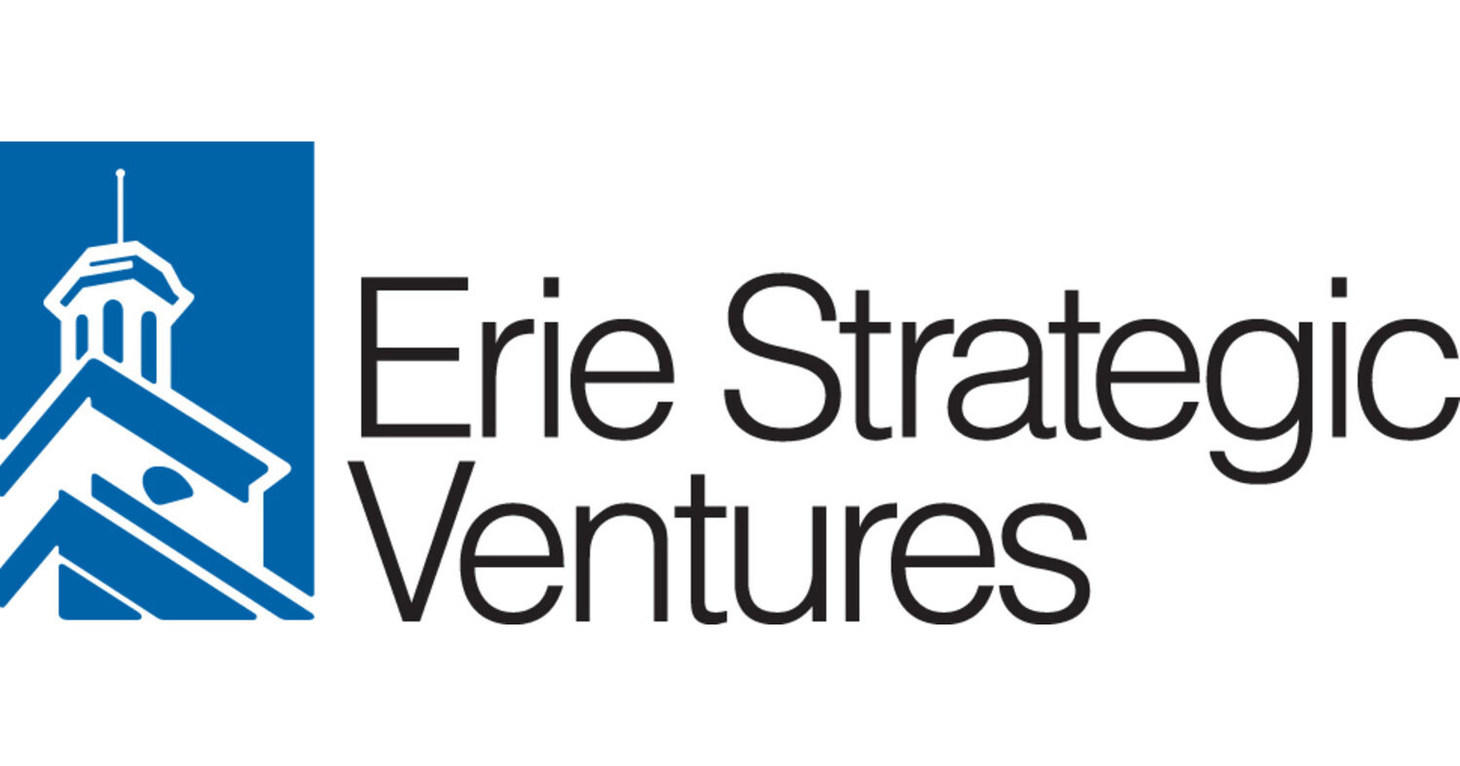
Erie Strategic Ventures invests in Atomic and Feathery to advance innovation in insurance and financial technology
Erie Strategic Ventures, the venture capital arm of Erie Insurance (ERIE), today announced investments in two new portfolio companies: Atomic and Feathery.
The Erie Strategic Ventures fund, launched in August 2022, focuses on investing in the personal and commercial insurance value chain, as well as adjacencies that offer potential to deliver value to ERIE, its agents and policyholders. ERIE collaborates with Cerity Partners Ventures, a corporate venture capital management firm, to help oversee and operate Erie Strategic Ventures. The two investments announced today support startups operating at the intersection of technology and financial services.
"We are excited to partner with Atomic and Feathery," said Keith Kennedy, senior vice president for Next Level Innovation at Erie Insurance. "Erie Insurance is a relationship company, and we believe that these two relationships create numerous opportunities for mutual benefit."
Atomic offers a full-stack brokerage and wealth management solution purpose-built for financial institutions. MORE DETAILS
Feathery provides a flexible, AI-powered data intake platform for financial institutions. Feathery workflows allow intaking data and documents across multiple sources to be validated, formatted and connected to end systems.
Portage backs Xceedance
Xceedance has received a growth investment from Portage Capital Solutions in exchange for a minority equity stake, marking its first institutional financing since its founding in 2013.
The Boston-based company, which provides AI-enabled business solutions for insurers, has now raised about $100 million in total equity and debt funding.
The capital will support the expansion of Xceedance’s technology platform, which powers over 1,000 P&C workflows across 350 global clients, and fund acquisitions of insurance-focused service providers.
Founded by Arun Balakrishnan, Xceedance has grown profitably through reinvestment and debt, recently strengthening its TPA capabilities through the acquisitions of Millenium Information Services and CIS Claim Services.
Portage Ventures , an investor in fintech and insurance, said the partnership will help Xceedance scale its operations and accelerate innovation across the insurance value chain.
Commentary/Opinion

Avoiding the Next Race to the Bottom in P&C | Insurance Innovation Reporter
The industry can sustain competition and profitability only by balancing efficiency with investment in quality and customer outcomes.
During a recent conversation with industry peers, we found ourselves discussing a vendor’s decision to slash prices for a popular collision repair service—just the latest example of a troubling pattern across the property/casualty insurance ecosystem. In pursuit of market share and cost reduction, carriers and service providers alike are driving a “race to the bottom,” where short-term price competition erodes long-term value. This dynamic is reshaping relationships among insurers, vendors, and consumers—reducing profitability, discouraging innovation, and ultimately undermining customer trust in the entire system.
The P&C insurance ecosystem is one of the largest U.S. economic segments and touches hundreds of millions of consumers and businesses. It is a victim of this race to the bottom in many serious ways—some well recognized but even less visible and rarely discussed candidly. The recent roller coaster cycles of steep rate increases, underwriting losses now turning into gains and corresponding efforts to contain operating costs also has downstream implications to scores of industry service and solution providers.
Prior to 2021 both auto and homeowner insurance lines experienced this very competitive scenario. Advertising budgets swelled with leading carriers like Progressive spending at $1.95B and GEICO at $1.13B respectively in 2020. “Switch and save” marketing was everywhere with telematics, usage-based-insurance offers to “bundle and save” luring price sensitive consumers.
More glaring and lasting, was the ramp up to today’s runaway homeowner insurance premiums. Weather exposure and inflation attracted much deserved attention obscuring what was developing in plain sight during the same period. Insurance to value (ITV) was rapidly eroding as housing prices shot up, followed by steep repair/rebuild costs from 2021 to present. Rates lagged after years of suppression. This is best illustrated and cited by opponents of California’s Prop 103 long-term rate containment only to experience a massive reckoning during the Los Angeles wildfires.
All combined, this has been one of the most disruptive insurance cycles in decades with highly competitive pressures serving as the “race to bottom” catalyst.
Stephen Applebaum and Alan Demers
All Commercial Insurance Lines Except One in ‘Soft-Market Territory’: WTW
Moment of opportunity.
Clear horizons.
The latest WTW Marketplace Realities report, published in early October, is heavy on descriptions of a “unique and promising” inflection point for commercial insurance buyers.
“Today, nearly every commercial line of insurance—aside from excess casualty—finds itself in soft-market territory,” states the report, which includes detailed descriptions of market conditions and 2026 price predictions for more than 30 lines of business in North America, including standard commercial lines (such as property, auto liability, general liability, excess casualty, umbrella and workers compensation), as well as professional liability lines and specialty markets.
People
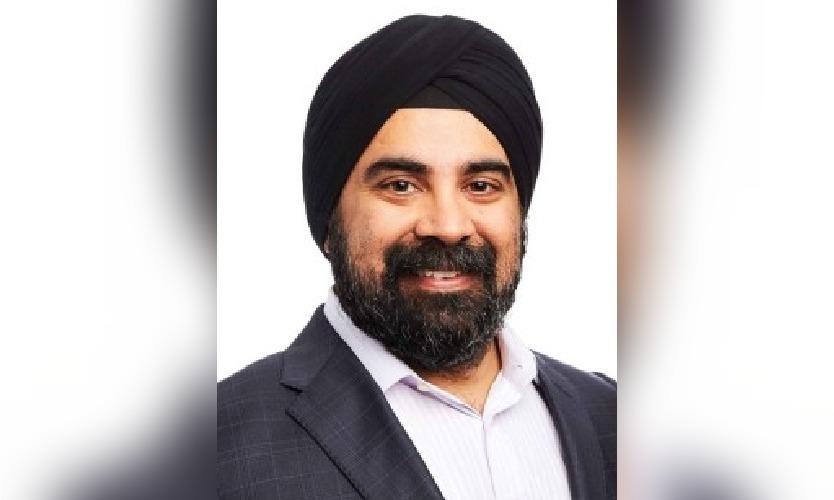
Duck Creek names new CEO - Business Insurance
Duck Creek Technologies announced Tuesday it appointed veteran technology leader Hardeep Gulati as its new CEO.
Mike Jackowski, CEO since 2011, will take on a new role as vice chair of the board, focusing on strategic growth and business development initiatives.
Mr. Gulati most recently was CEO of PowerSchool, a cloud-based software provider for K-12 education.
Telematics, Driving & Insurance
Adapting Insurance for Tomorrow: Arity Showcases End-to-End Insurance Solutions at ITC Vegas 2025
Empowering carriers to optimize the full customer lifecycle – from acquisition to renewal – with Arity’s data-driven insights
Arity, a mobility data and analytics company transforming how insurers assess risk, returns to ITC Vegas 2025 to spotlight its comprehensive suite of solutions that support every stage of the insurance customer journey. From smarter targeting and acquisition to precision pricing, retention, claims, and renewal, Arity is helping carriers unlock the full value of mobility data.
At this year’s conference, Arity will showcase how it’s latest innovations – Aity’s Marketing Platform, GeosightSM, and The Arity IQ network, – work together to help insurers attract the right customers, price them accurately, and keep them engaged over time.
Targeting the Right Drivers with Arity’s Marketing Platform
Arity’s Marketing Platform enables insurers to reach high-value drivers with precision. By leveraging behavioral driving data and predictive analytics, carriers can optimize media spend and improve acquisition outcomes. Whether through digital advertising, direct mail, or app-based engagement, Arity helps insurers connect with drivers who are more likely to convert and stay.
Supporting Faster Claims with Crash Detection
Arity's Crash Detection helps insurers accelerate claims processing by identifying crashes in real time. This enables quicker FNOL, faster responses, and better customer experiences - while also helping carriers assess severity and reduce potential fraud.
Podcast
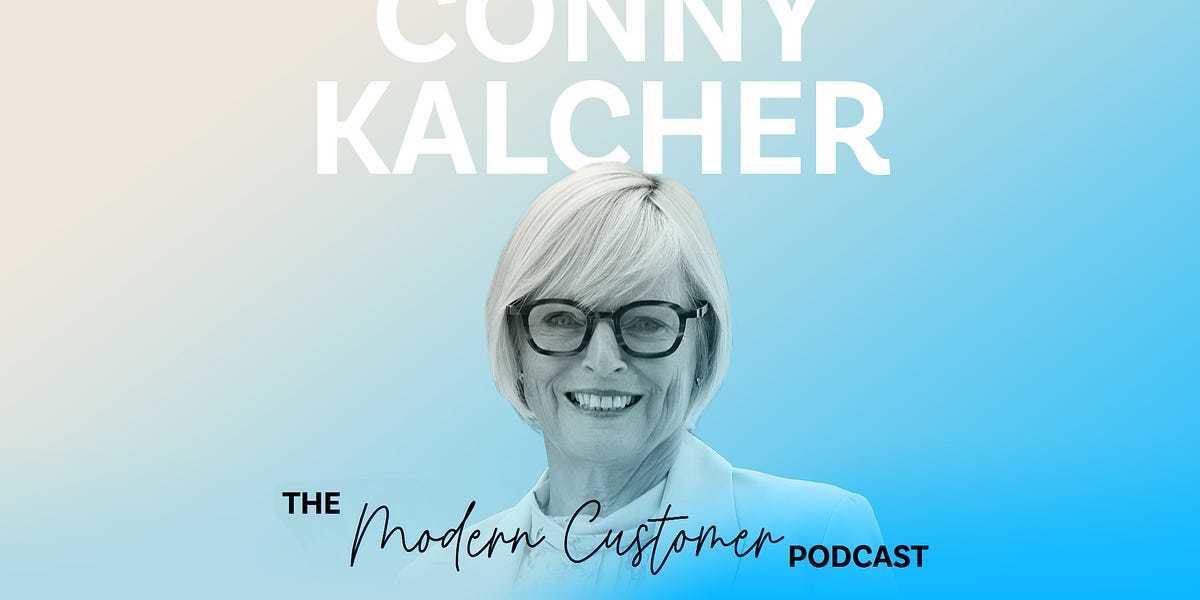
Zurich’s Chief Customer Officer on Taking Insurance Beyond Protection
Conny Kalcher on How Zurich Monetizes Empathy and Links the "Beyond Protection" Model Directly to Measurable Profitability.
Forty percent of policyholders have no interaction with their insurer each year. Conny Kalcher, Zurich’s Chief Customer Officer, reframed that inactivity not as a compliance problem, but as a massive growth opportunity. Her “Beyond Protection” model is transforming the 63,000-employee Zurich Insurance Group from a reactive crisis responder into a proactive partner.
On this week’s episode of The Modern Customer Podcast, Conny shares the strategic framework she applied, leveraging decades of success at The Lego Group to transform Zurich Insurance. She details how she gained executive buy-in—by proving that to truly embed customer focus, leaders must “speak finance,” linking CX success directly to measurable KPIs on the balance sheet.
